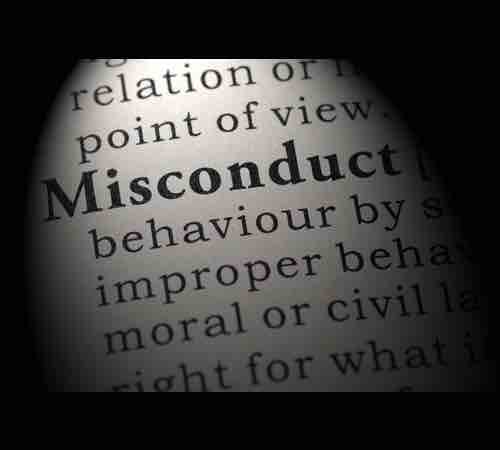Government targets Bounce Back Loan abusers

Accused of misconduct, misfeasance, or some other wrongdoing? If so, you’d be wise to carefully consider your options moving forward.
During the Covid-19 pandemic, UK businesses received billions of Government aid through CBILS, furlough, and Bounce Back Loan schemes. In total, Bounce Back Loan distributions comprised around £40bn.
However, the Government’s Insolvency Service has identified wide scale Bounce Back Loan abuse. Consequently, the agency recently launched a campaign to ensure that all licensed insolvency practitioners (IPs) investigate directors accused of misconduct.
Traditionally, IPs investigate for evidence of deceit, misfeasance, and mismanagement. Now, they must also establish if the director obtained support loans. Furthermore, an IP is required to analyse the company’s bank statements to determine:
- The total sum any Bounce Back Loans received
- The date of loan applications
- The company’s eligibility for the scheme
- If the director exaggerated turnover and misspent the loan
- If the director or any connected parties received proceeds from the loans
Bounce Back Loan abuse
A company director who misuses a Bounce Back Loan could:
- Face prosecution
- Receive a ban from managing companies for up to 15 years
For example, a director who obtained a Bounce Back Loan without trading the company was recently disqualified for 13 years. Similarly, a director received a 10-year ban for overstating turnover by 500% and failing to explain where the money went.
Immediately seek advice from an IP, a lawyer, or a professional independent advisor if you’re a business owner who is:
- Accused of abusing a Bounce Back Loan or some other wrongdoing
- Facing Director Disqualification Proceedings
- Thinking about hiring an IP to place a company into a statutory insolvency procedure such as liquidation, administration, or company voluntary arrangement (CVA)
Four serious challenges
If you are in any of these situations, you’ll have to overcome at least four serious challenges because:
- Lawyers are expensive
- Your IP may use the information you disclose to bring misfeasance or Director Disqualification Proceedings against you
- IPs are licensed and regulated to prioritise and protect the rights of the businesses you owe (creditors) in statutory insolvency procedures
- Lawyers and IPs earn by realising the assets of insolvent companies (or their directors if necessary)
An independent professional can help you navigate insolvency, misconduct, and Director Disqualification proceedings, irrespective of the circumstance. Use our advice to represent yourself, or authorise Insolvency & Law to act on your behalf.
Either way, we’ll guide you through the process and:
- Devise a strategy to help rescue your business and protect your assets
- Achieve favourable results in administration, liquidation, bankruptcy, and CVA procedures
- Liaise with your insolvency practitioner (IP)
Call 0207 504 1300 now for free and impartial business rescue advice…
Understanding the winding up petition: A crucial tool
In the world of insolvency, a winding up petition holds significant importance. When a company has received a statutory demand (SD) and fails to raise…
Read MoreUrgent Call to Action: Have You Invested in Beech Holdings (Manchester) Ltd?
If you or anyone you know has invested in Beech Holdings (Manchester) Ltd, it’s time to take action immediately and get in touch. The Situation…
Read MoreBankruptcy Annulment: A Fresh Start for Financial Recovery
Bankruptcy is often viewed as a last resort for individuals overwhelmed by debt, offering a path to financial relief but also leaving a significant mark…
Read MoreCastle Trust and Management Services Ltd- The Big Problem for the Gibraltar Financial Services Commission
The collapse of Castle Trust and Management Services Ltd (CTMS) has raised serious questions aboutthe role and effectiveness of the Gibraltar Financial Services Commission (GFSC)…
Read More



